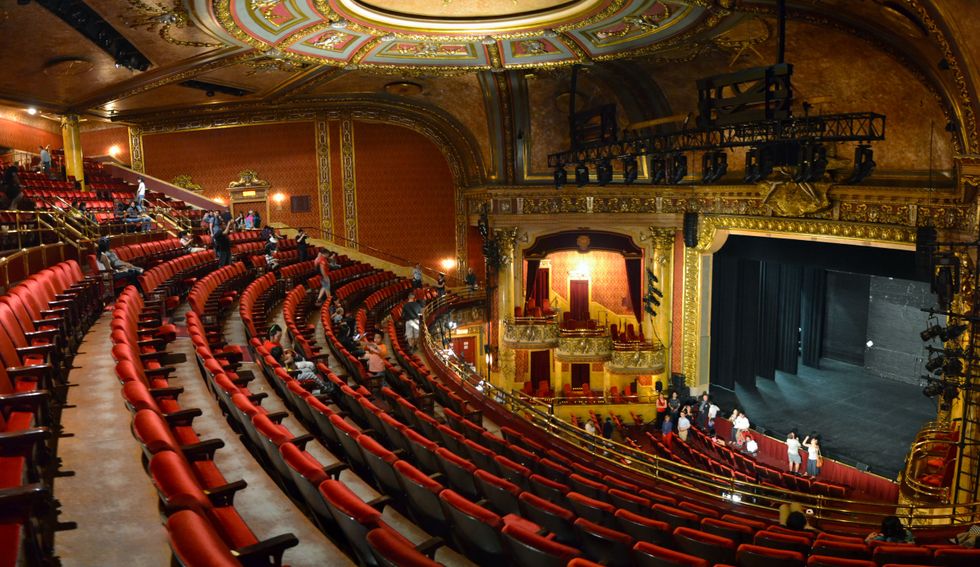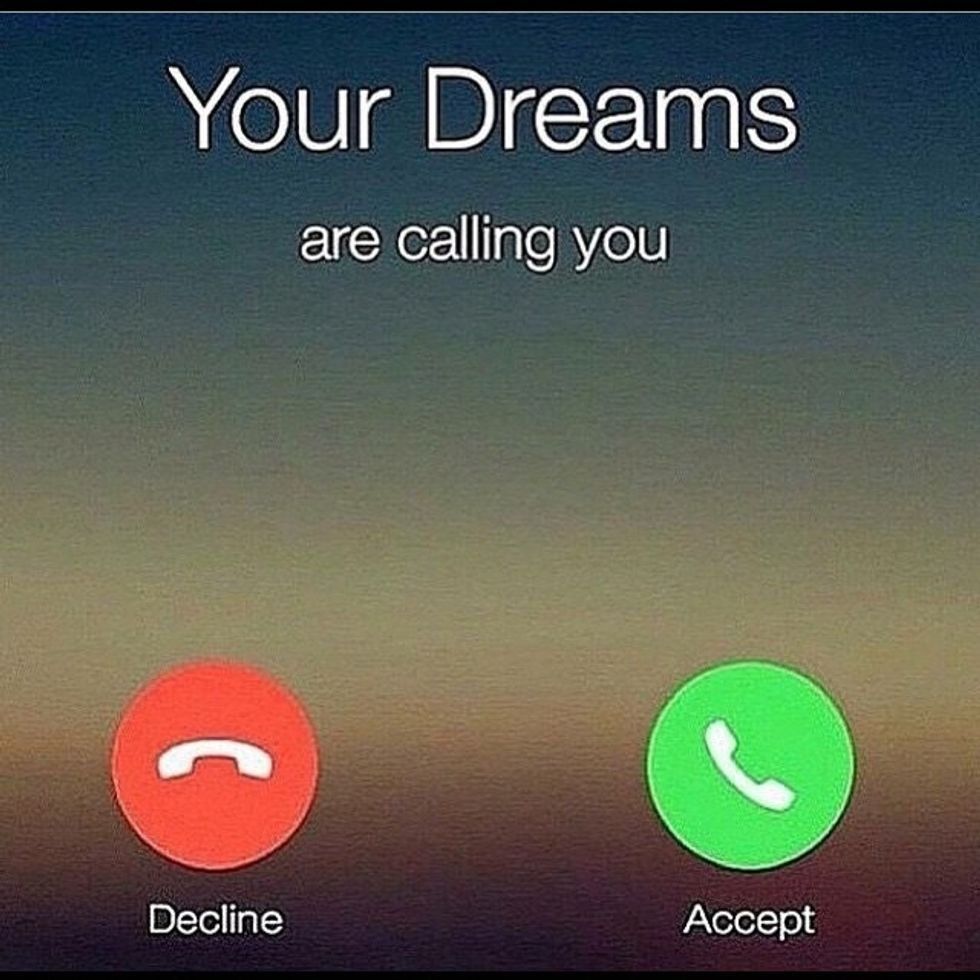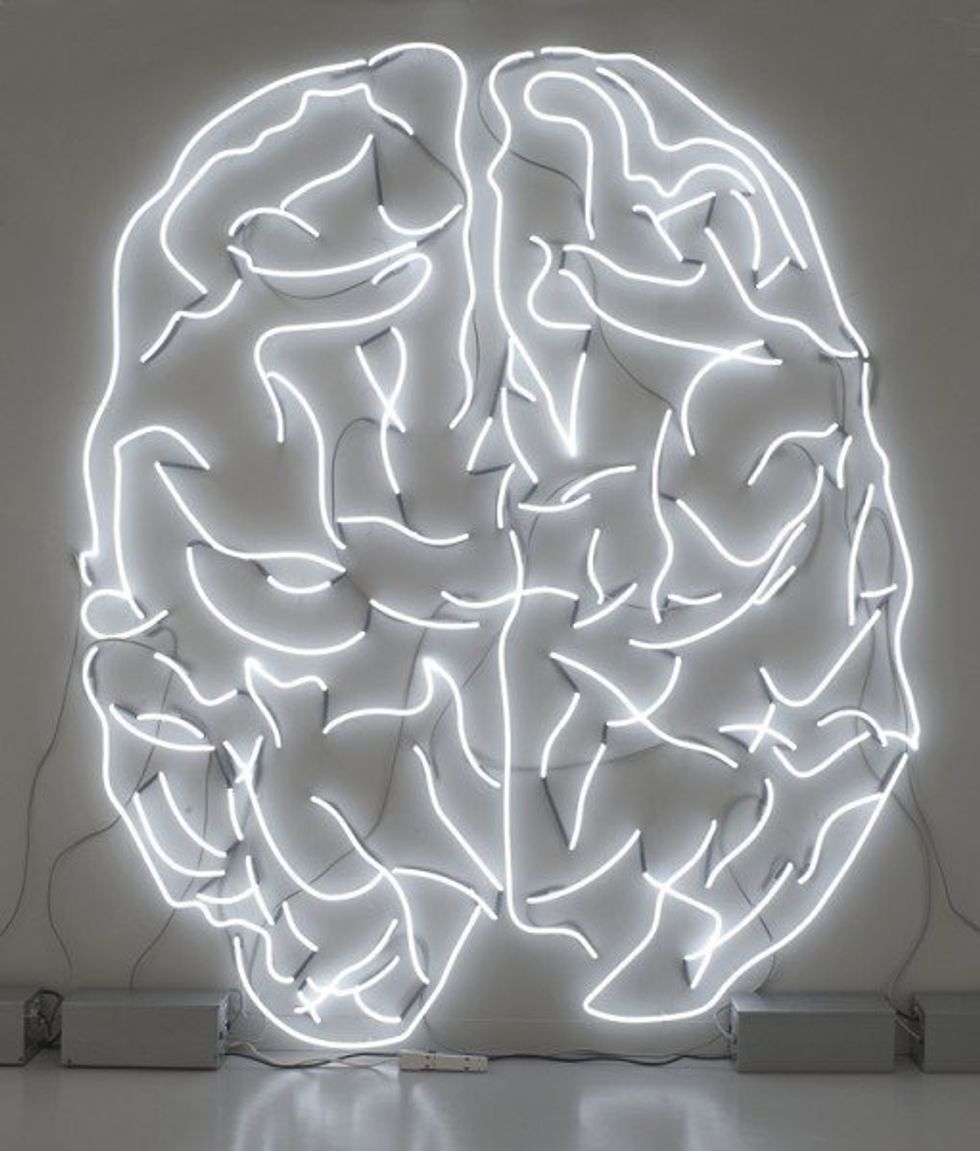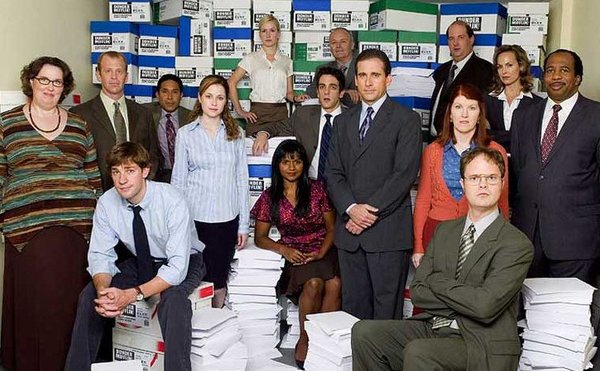You've heard it a million times.
"This piece of theatre is so timely."
"Everyone should come to see this show because it's so 'now.'"
"This show is important for everyone to hear."
I've heard these phrases, and more, used to describe just about every piece of dramatic theatre. Every production of "West Side Story," "Fiddler on the Roof," "Ragtime," etc. has some sort of phrase like this in their director's note. Everyone thinks that their show is the most relevant and that it should be viewed by everyone for some sort of reason. I used to roll my eyes about this phrase, summing it up to be merely a marketing technique.
And I admit, I've used this phrase as well.
Then I started doing college theatre. A season of handpicked shows that truly meant something. For the show of the season with Penn State, I served as a dramaturg on "Polaroid Stories"-- a play depicting the lives of homeless youth, based off of Greek myths. A friend from home who works for a center that cares for the homeless came to see the show. It meant something to her.
I was an audience member for "Legally Blonde." I initially brushed this show off as a simple, bubblegum musical comedy that was meant to be brainless entertainment. Then the director came to speak to my theatre history lecture. She explained how relevant the story of Elle Woods is, especially in 2018 during the #MeToo movement. Women who came to see the show would no doubt be affected. My best friend, a young woman, spoke to me after the show about how much Callahan's sexual harassment of Elle affected her. It meant something to her.
I was also an audience member for "Clybourne Par,k" a spin-off of Lorraine Hansberry's "A Raisin in the Sun." The show's diverse cast was made up of white and African-American actors who were grad students, undergrad students, even a professor! This particular production emphasized the importance of community— one line in particular from the show hit me on so many levels. The character, Bev, (a housewife grieving the loss of her son who committed suicide) laments to Albert, the husband of her African-American maid that "maybe we should learn what the other person eats... Maybe that would be the solution to some of the... If someday we could all sit down together, at one big table..." To be perfectly honest, this show moved me in a way that a lot haven't. We live in such a divisive society with so many opposing viewpoints, tribes, etc. This line was beautiful. This show was beautiful. It meant something to me.
Then I started working on "Caroline, or Change." My official title was Assistant Director in addition to serving as a dramaturg once again.
To be perfectly honest, when I first heard that this was the show I was assistant directing, I was honored and extremely excited to be serving in this role. I just wasn't thrilled about the show choice. I had tried listening to the score multiple times and just couldn't find myself following along. I'm very much so a traditionalist in terms of structure, and this monster of a show does not follow suit. The entire musical is sung-through, almost like an opera.
"Caroline, or Change," if you're not familiar with the show (most people aren't), is the story of an African-American maid, Caroline, working for a Jewish family in Lake Charles, Louisiana in the transformational year of 1963. Noah Gellman, the son of Caroline's employers, takes a liking to Caroline in the absence of his mother (who has just died prior to the start of the show). The book and lyrics are written by Tony Kushner ("Angels in America") and the score is by Jeanine Tesori ("Fun Home," "Violet"). Overall, this show has the ingredients to be amazing. But my first couple readings of the script and listenings to the score just weren't doing it for me.
Then I started doing my research, as any good dramaturg would do. I watched rehearsals. I watched my amazing director guide the phenomenal actors through the text. I started to piece together the show and strip back the layers.
I suddenly "got it."
The show, on the surface, is very difficult to understand if you look at it from a traditionalist view. I had stayed trapped in my own bubble, not fully immersing myself into the African-American and Jewish cultures. Once I did that, I completely understood what was happening. I began to laugh. To cry. To understand.
The show is about change.
My favorite line in the show, which I think the majority of the cast and crew can agree on, has got to be "Change come fast, change come slow, but everything changes." We live in a culture where forces are struggling to keep us trapped in a time where sexism, homophobia, racism, etc. were accepted and encouraged. Eventually, things will change and hopefully, they will for the better.
It was by working on "Caroline, or Change" that I learned to embrace the phrase "this show is so timely" and its other variations. A show is always timely because there's always someone that needs to hear it. It may not necessarily be a message that you specifically need to hear, but maybe somebody else does. There is always an audience for a show.
Shows like "Polaroid Stories" or "Clybourne Park" may not sell as well as "Legally Blonde" because they're not as well known, but they have just as much meaning in them. They tell stories that inspire us, make us think, and are relatable to the human experience.
We can only hope that the right audience members fill the seats that need to hear the messages of these shows.








 Photo by
Photo by 









